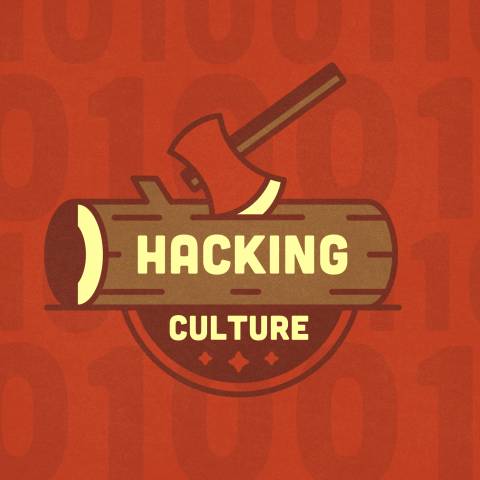
Hacking Culture explores a variety of topics, from hacking your brain with mindfulness to software that gives people freedom from surveillance capitalists. Episodes feature interviews with meditation teachers, neurologists, free-software advocates, academics, and anyone else who can help us better understand the technology, science, and embodied practices that contribute to well-being.
In this episode, Matthew Tift talks with Brian Frias, the Brand and Technology Manager at a small manufacturer called Masterfit Enterprises. Brian discusses his experiences in the Backdrop community and how his company is using Backdrop.
In this episode, Matthew Tift talks with Tom Grandy, who oversees websites for 23 school districts. Tom describes himself as a journalist, a teacher, and a non-coder who helps out with documentation and marketing for Backdrop. He describes his experiences using proprietary software, finding Drupal, his involvement with Backdrop, and the challenges of using free software in K-12 education. Tom shares why people working in schools make decisions about technology most often based on cost, but that he believes we should also considers software licenses, communities, and other more philosophical factors.
This episode explores the "paradox of tolerance," and what it means for free software communities, business, conference organizing, and our daily interactions. Learn more at https://hackingculture.org/episode/12.
The episode of Hacking Culture offers ideas on what the American experimental composer John Cage (1912-1992) can teach us about hacking. Examining Cage's pieces such as Suite for Toy Piano, Sonatas and Interludes, and 4'33" alongside an essay by Richard Stallman, Eric Raymond's "Jargon File," and listening to lectures by Cage provides a fresh perspective on the art of hacking. This episode is released under the Creative Commons attribution share alike 4.0 International license. See more at hackingculture.org/episode/11.
In this episode of Hacking Culture, Matthew Tift talks with Clayton Dewey about Drutopia, an initiative to revolutionize the way we build online tools